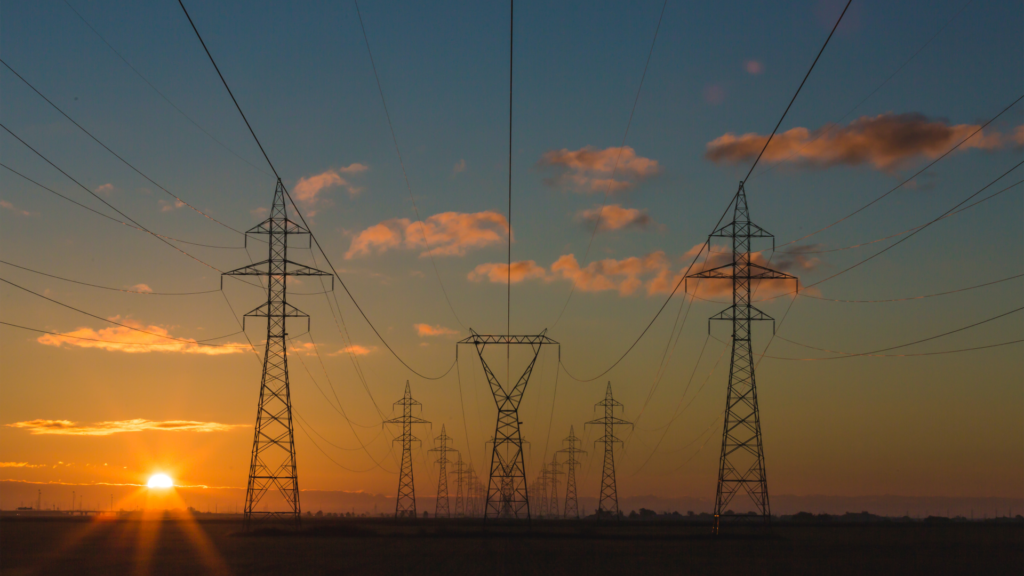India ranked the third largest primary consumer of energy across the globe as stated by the International Energy Agency (IEA) in its publication India Energy Outlook 2021. It shows the high rate of energy consumption by the Indian population owing to rising incomes and the upgradation of their standards of living over time. Around 130 million Indians have received a power grid connection since 2013 being part of one of the fastest electrification drives.
Currently, India has a 6.1% share in total global primary energy consumption and it is expected to touch the mark of around 9.8% by 2050, as per the statistics of World Energy Outlook 2021 by IEA. This is stressing India’s import bill significantly. The changing economic and geopolitical scenario in the post covid world has also brought challenges for India’s policymakers.
At the global level, where the dollar is getting stronger and the rupee is getting weaker with every move, the soaring energy imports are not only impacting the Indian economy but also each Indian household. Energy is the fuel for life and thus lightens every aspect of growth from production to transportation. The soaring prices of commodities due to the high prices of crude oil in the global market have multilayer effects.
But India’s decision to fulfill its energy demands from Russia gives hope to ease the burden of more than 1.3 billion Indians amid the soaring prices in the global energy market. India’s association with its old strategic ally to fulfill its energy demands economically at a time when the world is playing aloof with Russia is a fair deal. It is also prudent to diversify in fulfilling the country’s energy demand is increasing with the push to industrial growth, e-mobility, higher usage of white goods, etc.
Thus, the government’s role in ensuring domestic production, increasing refinery capacity, and reducing the dependence on energy purchases from a single region will give a shy of relief to the Indian economy. It will also help in managing India’s annual budget significantly and give space to individuals for savings. In the long run, it will also fuel the development aspirations of India by finding more efficient and sustainable ways to address rising energy demands with a strong check on energy security.

